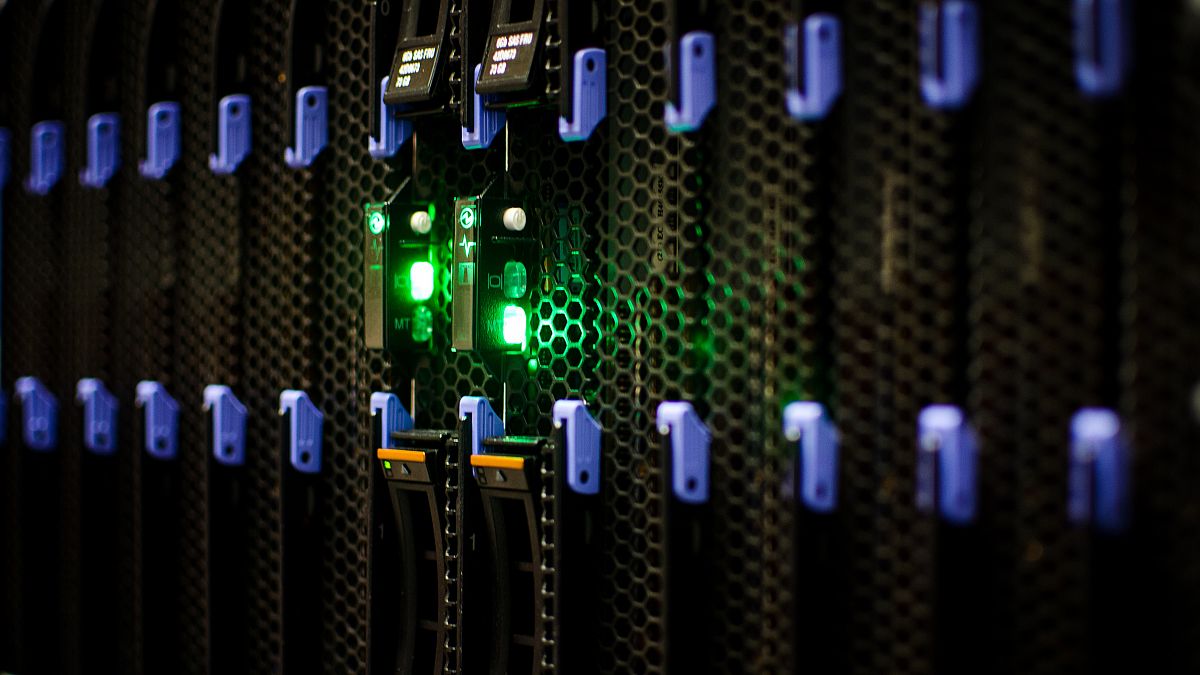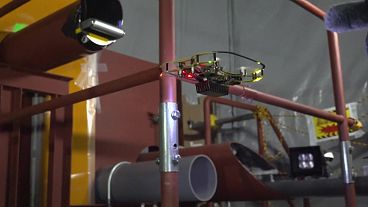The European Commission today (24 January) said it will set up an AI Office tasked with implementing the nascent Artificial Intelligence Act at EU level, with operations starting in the coming months.
The new agency will supervise the rules for general-purpose AI systems and function as a central coordination body for AI policy at EU level, coordinating with other commission departments, EU agencies, companies and the 27 EU Member States.
The announcement comes as negotiators of the EU institutions are about to close a deal on the technical details of the AI Act, Europe’s plan to regulate high-risk AI applications, after a political agreement last month.
The law divides AI systems into four main categories according to the potential risk they pose to society. The systems that are considered high risk will be subject to stringent rules that will apply before they enter the EU market. Once available, they will be under the oversight of national authorities, supported by the AI office inside the European Commission.
If the final text is greenlighted on 2 February by ambassadors, the European Parliament is expected to vote in its Internal Market and Civil Liberties committees mid-February, and in plenary in March or April. After that, the act is expected to enter into force later this year, and includes an implementation period of up to 36 months.
Supercomputers
The Commission today also announced access to its supercomputers for AI-startups. The executive will create so-called AI factories to facilitate the testing of algorithms by small companies to support the scalability of AI models; it will reduce their testing time from months or years to weeks, the EU executive claimed.
The computers can only be used by start-ups that do not have their own computing power, and can test algorithms designed for scientific rather than commercial purposes.
Thierry Breton, Commissioner for Internal Market said in a statement today that the factories will bring together “the ‘raw materials’ for AI: computing power, data, algorithms and talent,” serving as a one-stop shop for Europe’s AI start-ups.
The EU executive already agreed in November with the European High-Performance Computing Joint Undertaking (EuroHPC JU) to open access to the EU’s supercomputing resources for AI start-ups and SMEs. Today’s announcement builds on that, and amends the EuroHPC JU rules accordingly.
An EU official said in a briefing to journalists that the demand for these computers is rising. “There are about six start-ups that are using computers actively, but there is a long queue. We are not able to satisfy the demand and we need quick solutions to have bigger capacity.”
The computers will be using chips by US chipmaker Nvidia. The commission official said that it received a company commitment to guarantee more chips, but given the worldwide shortage, the commission has put in place mitigation measures to secure supply continuity.



